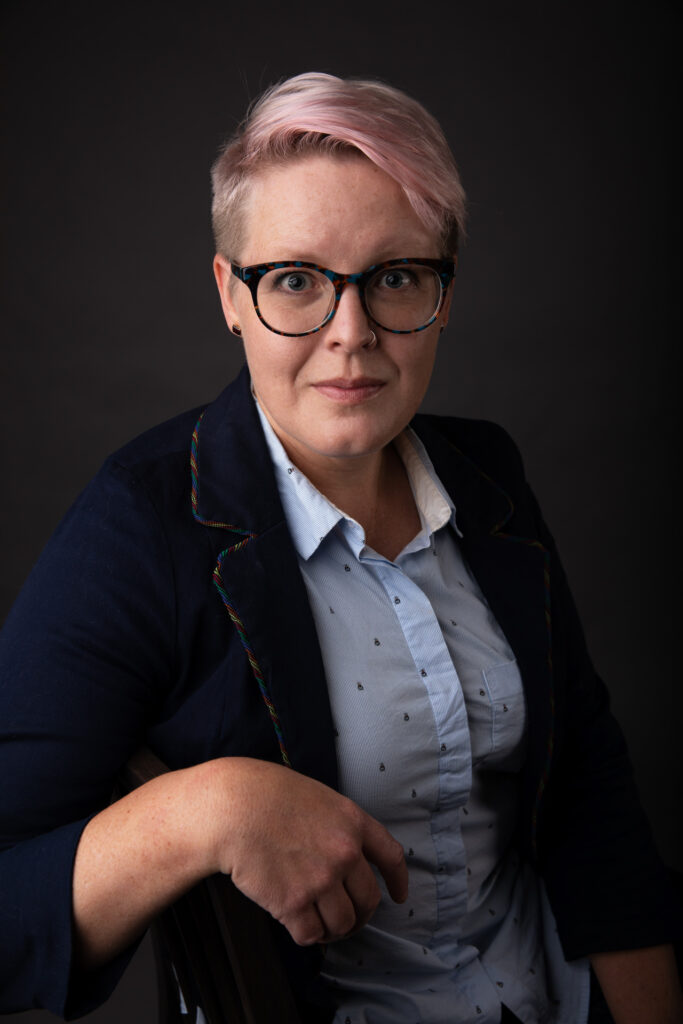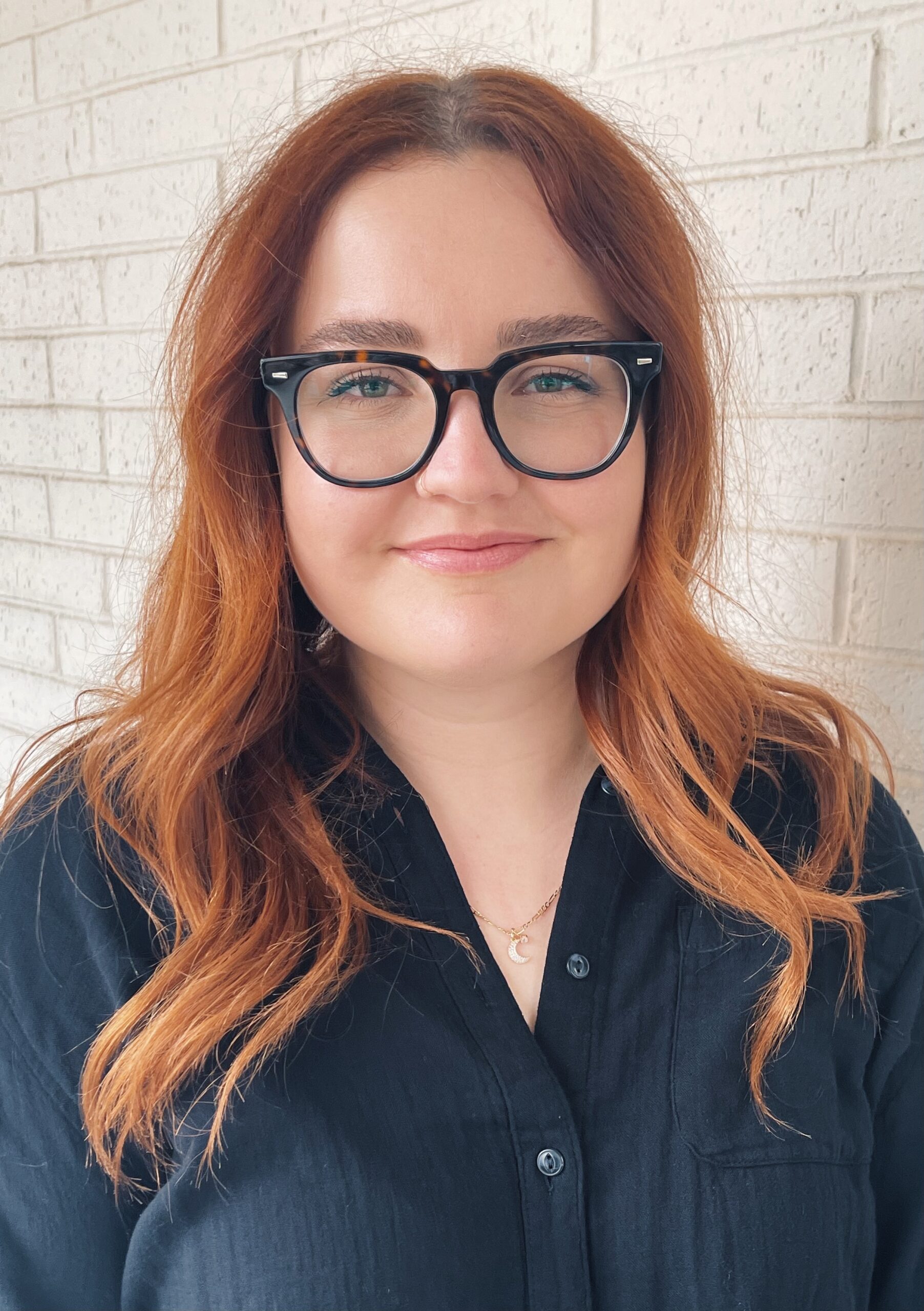About MARCH
The Mid-Atlantic Regional Center for the Humanities (MARCH) is an interdisciplinary research center and community collaboration space at Rutgers University-Camden. In fall 2023 MARCH initiated a new focus on the Environmental Humanities, exploring creative and critical approaches to thinking about our place, relationships, and responsibilities to the natural world and nonhuman community. MARCH will be creating new programs to support campus and community scholarship, creative work, and activism related to the environment.
Where to find MARCH
You can find MARCH at 325 Cooper Street in Camden, one of the historic row homes featured in our Cooper Street Project.
325 Cooper Street is a contributing structure of the Cooper Street Historic District, which is listed on the New Jersey and National Register of Historic Places. The west end of a row of three houses built in the early 1850s, it supports the district’s significance as a collection of residences representing the nineteenth-century history of Camden. Its past residents include Camden’s second female physician, Lettie Ward.
MARCH TEAM
Dr. Jillian Sayre, Director
Jillian Sayre (PhD, University of Texas) is Associate Professor in the Department of English and Communication where she teaches courses on contemporary theory, ecocriticism and environmental writing, Native American literature, American literary history, and gothic and horror writing. Dr. Sayre’s research centers what she calls affective genres, stories that move their readers or audiences to feeling or action. From the bodily engagements of mourning and horror to the care cultivated for companion animals to the overwhelming experience of grandeur in the natural world, Dr. Sayre studies the ways that these narratives move their audiences in significant – and signifying – ways.
Her book Mourning the Nation to Come (LSU Press, 2019) is a study of early national literature and culture in North and South America that looks at how European-Americans grounded patriotic feelings in laments for an Indigenous past. Representing Indigenous communities as already extinct, lost, or vanished, Dr. Sayre traces how the national romance in the United States, Spanish America, and Brazil made space for emerging nations by writing over the continuing presence of Native people. She has also published essays on translation and translation theory, early national religious writings, weariness and exhaustion as environmental feelings, and companion animals in early American frontier stories. You can find more information about her research here.
Dr. Sayre describes herself as a book nerd who is interested in what stories do: how they move us to feeling, how they change the way we understand the world around us, and even how they encourage us to create new and better worlds for ourselves and our communities.

Isabel Steven, Program Coordinator
Isabel Steven (she/her) comes to MARCH with nearly ten years of experience as a museum professional in history, art and literary institutions, most recently the Rosenbach Museum and Library where she developed public programs and managed the historic house tour and docent guide force. She earned her MA in Public History at Temple University, where her scholarship theorized queer possibilities of economically independent coupled women in 18th century Philadelphia. This scholarship was featured in the debut season of the Elfreth’s Alley Museum podcast The Alley Cast, a project that she co-produced in summer 2020. Her thesis focused on the application and transformation of this type of scholarship for a public audience, the historic house museum as a site uniquely situated to interpret queer history, and the use of intuition and possibility as methodology. She is excited to join MARCH in developing programs, projects and managing the Historic Preservation continuing education course at a time when the center is turning its focus to the environmental humanities.


Kaitlyn Rich, Curriculum Fellow
Kaitlyn Rich (she/her) is a recent MA graduate with distinction in English and Media Studies from Rutgers University. Her scholarship on memory, archives, landscapes, and the climate crisis has been presented at The 30th Annual Midwestern Conference on Literature, Language, and Media at Northern Illinois University and R-CADE (Rutgers-Camden Archive of Digital Ephemera) Symposium: Repair at Rutgers University. With more than ten years of advertising/marketing experience prior to grad school, she’s excited to help further develop MARCH’s public-facing historic preservation materials and enhance and highlight environmental connections within the continuing education historic preservation curriculum. In addition to her role at MARCH, she is also a lecturer in the Rutgers Camden English Department and a Mellon Foundation-funded researcher and digital archive developer with the Institute for the Study of Global Racial Justice at Rutgers University.
Halle Singh, Program Fellow
Halle Singh (she/her) is a PhD candidate in the Department of Childhood Studies at Rutgers University. As a feminist theorist of gender, time, and capitalism, she works across social reproduction theory, critical cultural studies, nighttime studies, and girlhood studies. Her dissertation, “Girlhood After Dark: Nighttime, Leisure, and the Temporality of Gender” theorizes how capitalism regulates gender through one of its central mechanisms of control: time. She is also the co-founder of the Girlhood Studies Collective, a new scholarly community dedicated to critical research on girls and girlhoods. She joins MARCH to help transition the program to a new focus on the environmental humanities through developing new research programs, planning campus and community events, and coordinating the Historic Preservation continuing education program.
